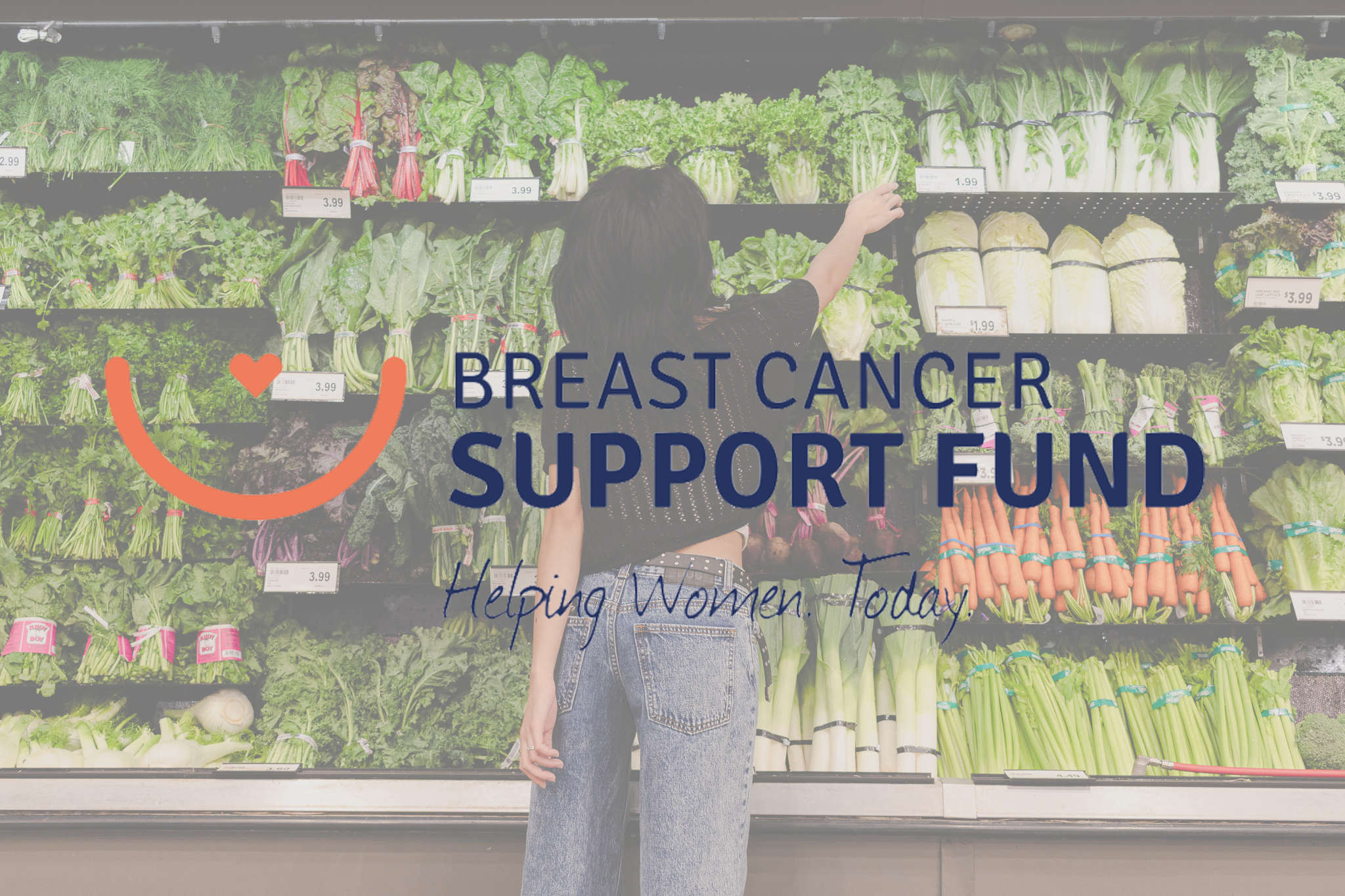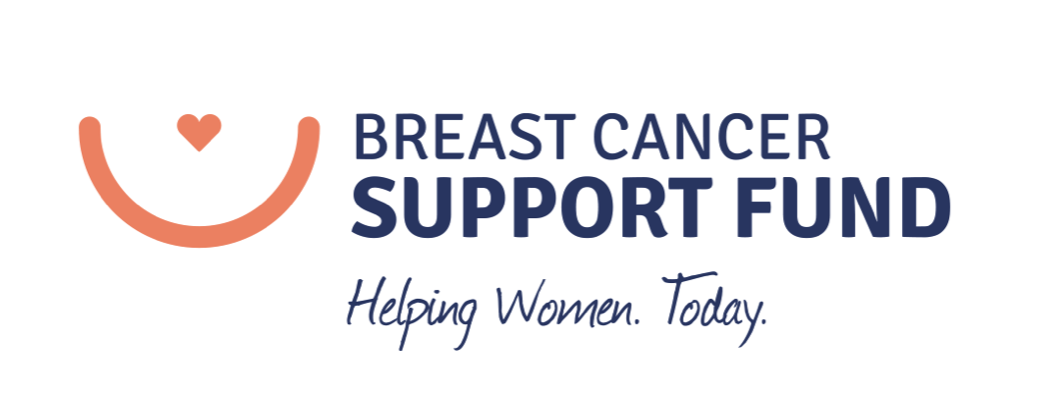Cancer Nutrition Spotlight: The Breast Cancer Support Fund
The Breast Cancer Support Fund(BCSF) is an organization that aims to support the well-being and recovery needs of Canadian breast cancer patients through economic relief and education.

We connected with the Breast Cancer Support Fund (BCSF), an organization that aims to support the well-being and recovery needs of Canadian breast cancer patients through economic relief and education. The BSCF also helps patients through their meal support program, which highlights and leverages the importance of nutrition in cancer prevention and treatment. The insights below are graciously brought to you by Cara Rosenbloom RD, a registered dietitian who volunteers on the Board of the Breast Cancer Support Fund.
Q: Tell us about the aims and functions of the BCSF.
A: The mission of the BCSF is to support Canadian breast cancer patients on their journey to wellness by reducing their economic burden. We provide funds to cover the cost of rent, groceries, transportation and other necessities so they can focus on treatment and healing. We also provide education about breast cancer prevention.
Q: Why do you believe it is important to include nutrition as part of breast cancer prevention and treatment?
A: About 40% of cancers can be prevented by having a healthy lifestyle, and nutrition plays a role in that equation. We help cancer patients by providing funds or meals so they can eat well during treatment and focus on their health instead of on their grocery bills.
Q: What does a typical meal support plan look like, and what nutrients does it contain?
A: This program is currently available in Ontario and Atlantic Canada. Breast cancer patients receive prepared meals for a period of between 4 and 24 weeks, depending on their treatment plan - at no cost to them. In addition to the breast cancer patient, we enrol children under the age of 18 and occasionally a spouse. Recipients have a choice of meal options from participating caterers and vendors in their area.
Q: How effective are these meal plans – what are patient experiences like and what improvements do patients notice upon using your meal plans?
A: Our goal is to ease the financial burden of breast cancer patients by offering nutritious meals, and we have been graciously thanked for that service.
Q: What would you recommend folks at home who are interested in implementing a cancer-preventative diet but do not know where to start?
A: Start by following a basic “plate model” when planning meals. That means filling half of your plate with vegetables and fruit; a quarter of your plate with whole grains; and a quarter of your plate with protein-rich foods, such as fish, poultry, beans or tofu. Eating more of these whole foods can help reduce the risk of cancer. Plus, when you eat more whole foods, you can reduce your reliance on fast food and ultra-processed foods such as chips, pastries and candy.
Q: What is a common misconception about cancer-preventative nutrition that people should know about?
A: Many people believe that certain "superfoods" like blueberries, turmeric, or green tea can single-handedly prevent cancer. That’s false, since no single food or beverage can prevent or treat cancer. A healthy, well-balanced, plant-based dietary pattern (such as the “plate model”) with a variety of foods is the best option.
Q: What are some challenges people face in improving their diets, and how could they overcome them?
A: Barriers to healthy eating include access, affordability, time, and cooking skills. These are difficult problems to overcome and cannot be succinctly solved in a few sentences. I wish I had an easy answer, but it’s a complex problem.
Q: Are there certain dietary patterns (like vegetarianism, veganism, etc.) that contribute significantly to cancer risk reductions or increases?
A: A basic plant-based diet helps reduce cancer risk. The eating pattern does not need to be fully vegan or vegetarian to be considered “plant-based” or nutritious. The plate model described above is a perfect example of a plant-based diet, because 75% of the meal (the “base”) is from plants such as vegetables, fruit, and whole grains. The remaining 25% protein can come from plant sources such as tofu and beans, or animal sources such as chicken or fish.
Q: Are there different nutritional strategies for individuals with a family history of cancer vs. those without? How could genetics influence recommended diet changes for cancer prevention?
A: The same “plate model” is recommended to prevent primary cancer, secondary cancer, or cancer recurrence for many types of cancer. Specific diets for cancer variants would need to be discussed directly with an oncology dietitian or oncologist.
Q: Lastly, if you could list your top 5 cancer-preventative foods that everyone should watch out for, which would they be?
A: I would recommend a healthy eating pattern that includes vegetables, fruit, whole grain, healthy fats and protein-rich foods. People can then choose any foods from these categories that are enjoyable, affordable, and available to them. There are no magical superfoods that can – on their own – prevent or treat cancer. The overall dietary pattern matters more than any single food.
Thank you to Cara Rosenbloom, who provided such thoughtful and insightful information. We’ll be sure to start integrating the plate model into our meal planning!
Links for further reading:
- Breast Cancer Support Fund: https://www.breastcancersupportfund.ca/
- Cara Rosenbloom, RD: https://www.wordstoeatby.ca/
- Photographer: Genevieve Picache (Instagram)
- Model: Kimberly Ann Barcellano (Instagram)
Written by Adriana Goraieb

